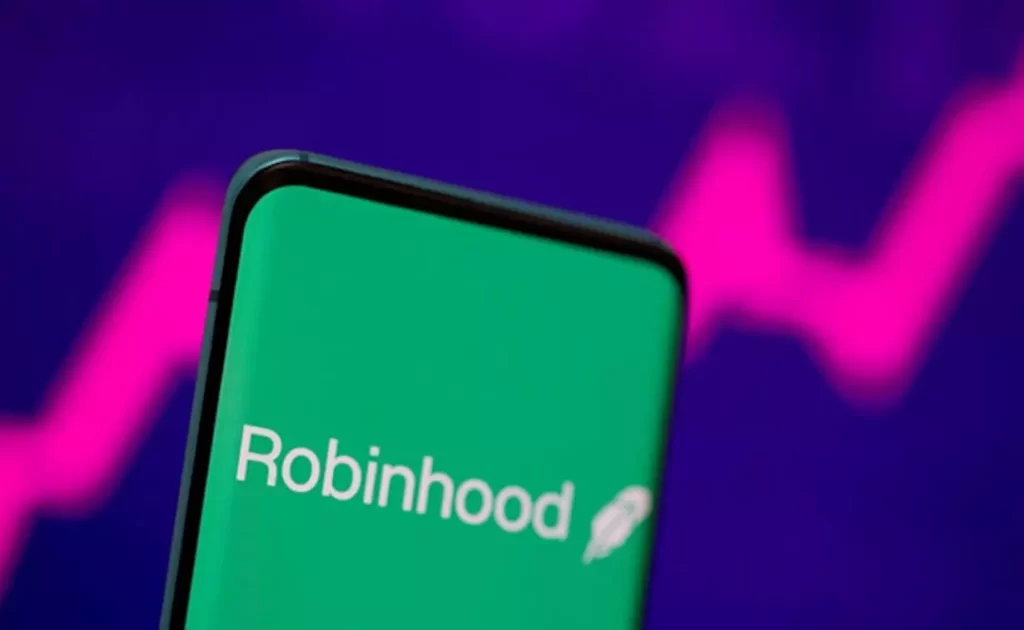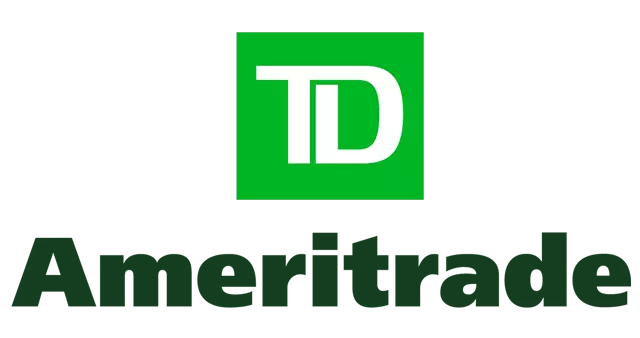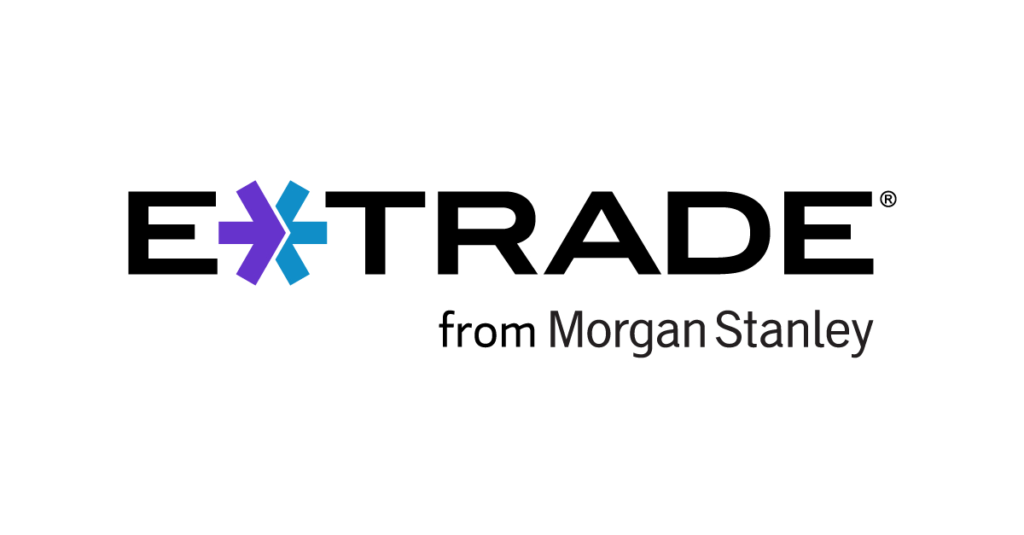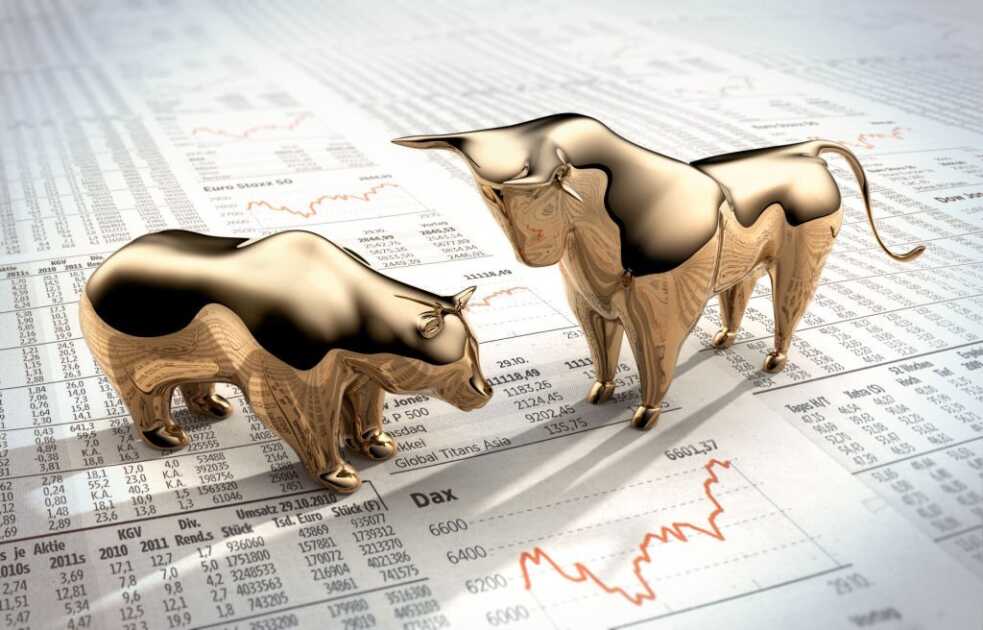If you thinking about what is after hour trading and how it works? then you are at the right place. Sometimes the stock market moves in ways that are completely unexpected and can cause people a lot of anxiety. When you’re trying to manage your own money, this kind of uncertainty can be extremely scary.


Luckily, there are opportunities to trade securities around the clock during certain times when markets happen to be closed. After all, if everyone who trades stocks on Wall Street closes shop at 4 pm EST and doesn’t get back to their desks before 9:30 am EST.
We’ve done our homework for you, so now you don’t have to live in fear at such an uncertain time in the market anymore.
Explanation of after hour trading
After hour trading is a term used to describe a trading activity that takes place outside of regular trading hours. This can include activity before the market opens after the market closes, or during times when the market is closed for trading.
While after-hour trading activity can provide investors with opportunities to buy or sell securities at times that may be more convenient for them, it can also be riskier and more volatile than regular trading activity.
After-hours trading is generally unavailable to the general public and may, in some cases, be limited to eligible professionals. It is, however, no different from the regular trading day in all other aspects, except for the fact that the transactions are executed at times that are different from the regular trading hours.
After-hours trading can be either in the form of a pre-market trading session that takes place prior to the regular trading day or in the form of an extended-hours trading session that takes place after the regular trading day.
What is the time of after hour trading?
The three stock trading sessions
- The pre-market trades from 4 a.m. to 9:30 a.m. ET.
- The regular market trades from 9:30 a.m. to 4 p.m. ET.
- The after-hours market trades from 4 p.m. to 8 p.m. ET.
The pre-and after-hours markets function in a similar fashion as the regular market, albeit with a few changes.
In fact, shares are traded between parties at an agreed-upon price which may or may not be the same as what happened that day with the regular market.
Also Read : 10 best Exchange Traded Fund list in 2022
Key Take-Aways
- After-hours trading is the trading of stocks and other securities after the regular stock market hours have ended.
- The after-hours trading session is typically from 4:00 pm to 8:00 pm EST.
- The after-hours trading price is not the same as the regular stock market price.
- The after-hours trading price can be higher or lower than the regular stock market price.
- After-hours trading is a good way to buy or sell stocks if you cannot do so during the regular stock market hours.
- The after-hours trading is not for all and it’s highly risky.
How after hour trading works?


While most investors are familiar with regular trading hours, after hours trading can be confusing for those who are new to the market. Here’s a quick overview of how after hours trading works:
The first thing to know is that not all stocks can be traded during after hours. For example, stocks that are not listed on major exchanges cannot be traded after hours.
Additionally, some exchanges limit the types of orders that can be placed during after hours. For example, the New York Stock Exchange only allows limit orders during after hours trading.
If you’re interested in trading during after hours, the first step is to check with your broker to see if they offer after hours trading. Not all brokers do, so it’s important to make sure yours does before you try to place any trades.
Once you’ve confirmed that your broker offers after hours trading, you’ll need to be aware of the risks. After hours trading is often more volatile than regular trading, so it’s important to be careful with your order placement.
Additionally, there may be less liquidity during after hours trading, so it’s important to be aware of that as well.
Overall, after hours trading can be a great way to get involved in the market if you’re unable to trade during regular hours. Just be sure to do your research and be aware of the risks before you start trading.
Is there any financial platform that offers after hour trading? Yes, there are. We have short listed three of them, Robinhood, TDAmeritrade, and E*trade.
What is after hour trading Robinhood?


Robinhood is a free-trading application for people that have a strong interest in the stock market. Since the stock market does not close, you can trade any time of the day, from your mobile phone.
If you are just getting into the stock market, it is nice to have an app like Robinhood, because you can quickly get a taste of trading stocks, without the high costs of many of the other alternatives. However, since you do not need to pay any fee to buy shares of stock, you normally cannot buy as many shares as you might otherwise get if you were paying a fee.
Many of the other apps like this that you might find on the internet charge a fee, but they will also allow you to buy many more shares since they are going to make the money up through the fees that you pay.
After hour trading on Robinhood is a great way to get the most out of your investment. By trading, after the market closes, you can get a better price for your shares, and avoid the crowds of people trying to trade during the day.
Trading after hours also allows you to take advantage of news that comes out after the market closes and can give you an edge over other investors.
What is after hours trading TDAmeritrade?


TD Ameritrade is a leading online brokerage firm that provides a wide range of investment products and services to its clients. Founded in 1971, the company has grown to become one of the largest online brokerages in the world, with over 6 million active accounts.
TD Ameritrade offers a comprehensive suite of investment products and services, including stocks, mutual funds, ETFs, options, futures, and forex.
TD Ameritrade also offers 24 hours a day, 5 days a week services for after-hour trading. The company also provides a wide range of research and education resources to help its clients make informed investment decisions.
TD Ameritrade is headquartered in Omaha, Nebraska and has over 2,000 branches across the United States.TD Ameritrade also offers 24 hours a day, 5 days a week services forafter-hour trading.
What is after hours trading E*trade?


Trading during Extended Hours, also called “after hours,” is a service we provide that allows clients to place orders on the E*TRADE platform after the close of regular trading and before the start of regular trading.
E*trade asked clients who choose to utilize this service to be aware of and accept the risks associated with Extended Hours activity, including price volatility, wider spreads, less liquidity and visibility, lower market transparency and potentially larger transaction costs.
If a client has an account at another financial institution that offers Extended Hours trading options, that firm’s order entry policies will apply for such trades.
When dealing in Extended Hours at E*TRADE Securities LLC or any other broker-dealer subsidiary or affiliate of ours (but not E*TRADE Bank or its affiliates), we suggest you consult with your financial advisor or registered independent representative before engaging in any Extended Hours Transactions.
What is after-hours trading Nasdaq?
The NASDAQ is an abbreviation for the National Association of Securities Dealers Automated Quotations. The NASDAQ is a stock exchange in the USA and it is owned by the NASDAQ OMX Group, which is based in the USA.
The NASDAQ is an electronic stock exchange and the stock exchange floor is located at the NASDAQ headquarters in New York City.
After-hours trading on Nasdaq refers to the buying and selling of securities on the Nasdaq Stock Market after the market’s official close at 4:00 p.m. EST. After-hours trading is conducted through electronic communications networks (ECNs) that match buyers and sellers without using a traditional stock exchange.
The Nasdaq is open for trading from 9:30 a.m. to 4:00 p.m. EST, Monday through Friday. However, you can still place trades after the market closes. After-hours trading on the Nasdaq begins at 4:00 p.m. EST and ends at 8:00 p.m. EST.
During after-hours trading, the price of a security may differ from the prices you see during regular trading hours. This is because there are usually fewer people trading after hours, so there is less demand for security. As a result, the prices of securities may be more volatile during after-hours trading.
What is after hours trading on Wall Street NYSE?
Since the New York stock exchange is one of the major exchanges in the world, many other exchanges are also open after NYSE is closed. For example, Chicago Mercantile Exchange (CME) is an open market. So when NYSE is closed, you are able to trade CME.
NYSE is closed for four days in a year, so if you enjoy trading after NYSE, you can consider tradingafter-hours trading. An after-hours trading day is called a Good-Till-Canceled (GTC) day.
What you should know is after-hours market is not a normal market. It is just a market in which you correctly price is not important. It is more like gambling.
What is after hours trading in India?
After hours trading in India refers to the trading of shares on stock exchanges outside of the regular trading hours. This includes the period after the close of the stock exchange and before the start of the next trading day.
After hours trading allows investors to buy and sell shares at a time that suits them and can be a convenient way to trade for those who have a busy schedule.
There are a few things to keep in mind when engaging in after hours trading in India.
Firstly, it is important to be aware that the prices of shares can be volatile during this period. This means that it is possible to lose money if the price of a share falls after you have bought it.
Secondly, it is important to have a good understanding of the company whose shares you are buying or selling. This is because there is usually less information available about companies during after-hours trading.
Finally, it is important to use a reliable and reputable broker when trading after hours. This is to ensure that your trades are executed smoothly and efficiently.







Sign up
You may also like
Types Of Risks In Investment- A Complete Guide
10 Amazing Ways To Make Money As A Kid
Make Money Online with Surveys for Free: Unlock Hidden Earning Potential
Mommy on the money-Mommy money management or the lack thereof.